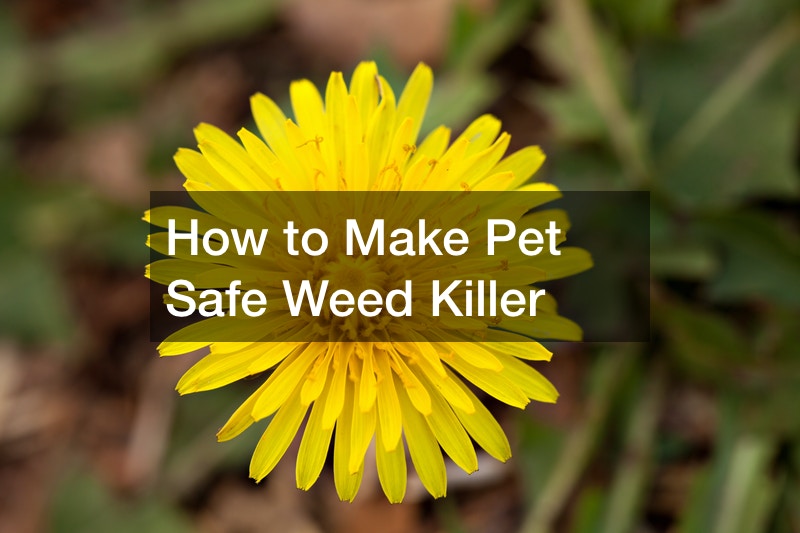June 2022
Questions to Ask During Animal Hospital Appointments
Veterinarians are trained not only in treating cats, dogs, and other domesticated animals, but also their owners. It is common for owners to be just as scared as the animals are when visiting the vet, out of concern that something is dreadfully wrong with their animal. At your animal hospital appointments, you should always ask […]
1 min read
How to Make Pet Safe Weed Killer
No one likes dealing with weeds, but they are an unfortunate reality of gardening. Not only do they rob your plants of nutrients and water, but they can also make your garden look messy and unkempt. If you have pets, the problem is even worse. Many weed killers contain harmful chemicals that can be toxic […]
14 mins read

